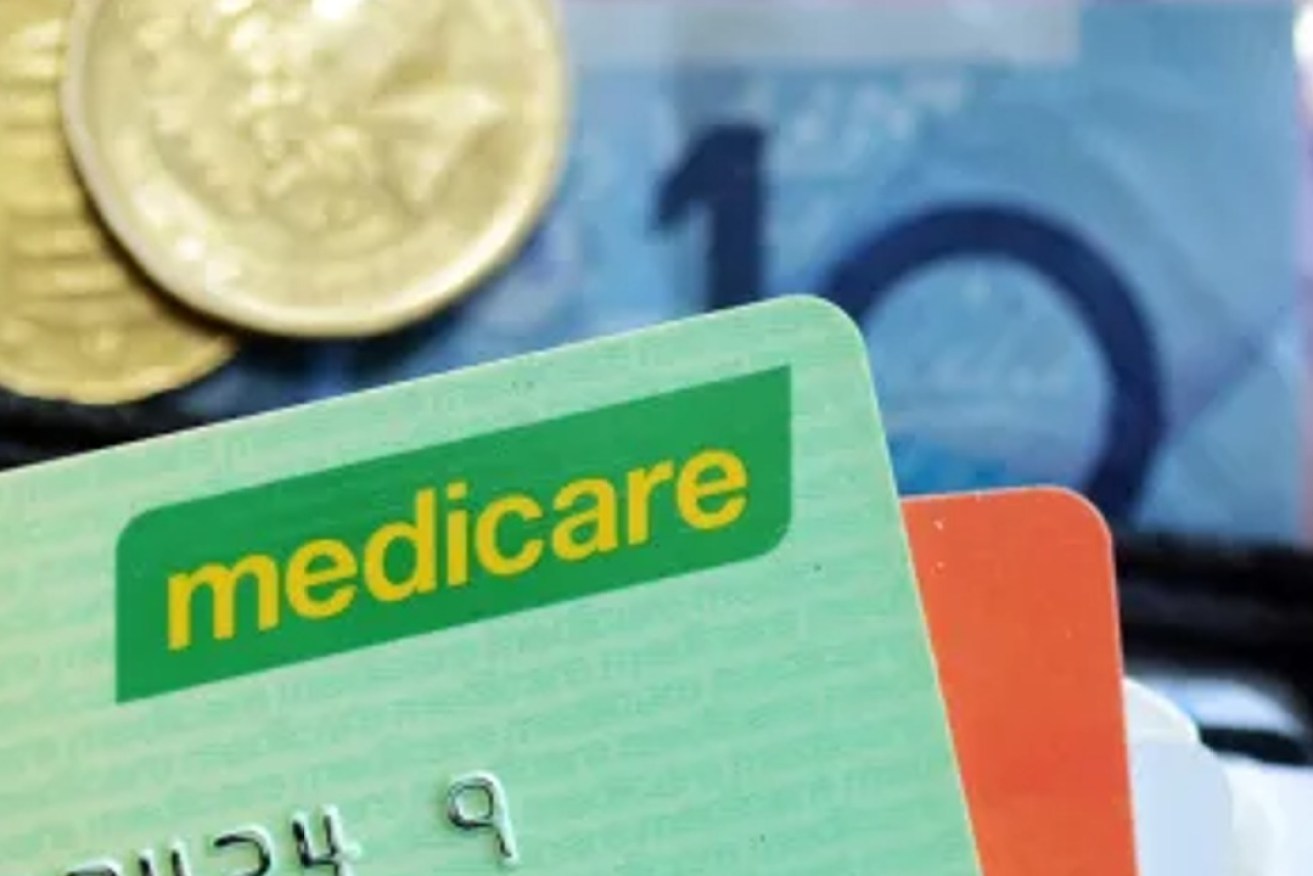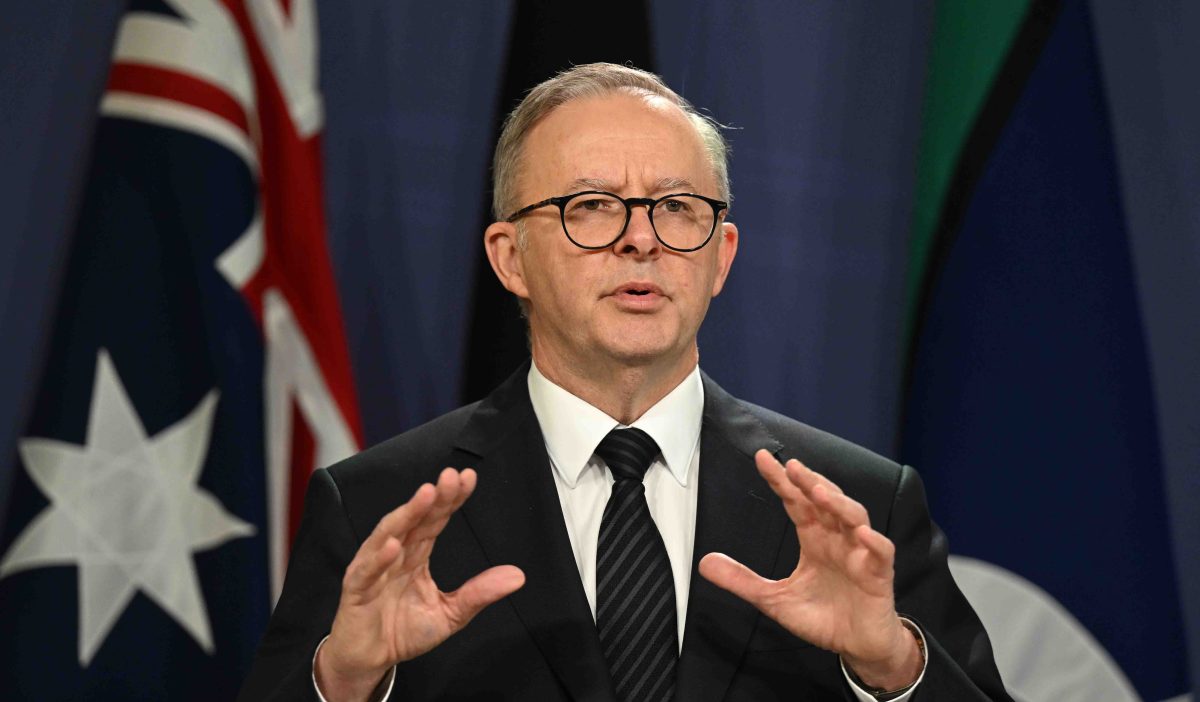Patients put off GP visits despite bulk billing boost
Patients are increasingly holding off on seeing a GP due to the cost of appointments despite more clinics offering bulk billing, according to a new Productivity Commission report.

People are putting off GP visits as the Albanese Government says bulk billing is on the rise. Photo: AAP
As government data from November showed a 2.1 percentage point rise in the national GP bulk billing rate, a Productivity Commission report revealed the number of people delaying an appointment or not attending at all due to price had doubled.
In 2022/23, seven per cent of respondents who needed to see a GP did not visit due to cost, compared with 3.5 per cent the previous year.
The number of people in South Australia who either delayed seeing a GP or did not go at all due to the cost increased to 4.6 per cent, compared to 2.9 per cent in 2021/22.
South Australia had the highest rate in the country of people waiting 24 hours or more for a GP appointment, with 55.8 per cent in 2022/23 – a 10 per cent increase from the previous year.
Health Minister Chris Picton said the state government was working to improve these numbers.
“We are flat out rebuilding the health system, hiring the ambos, doctors, nurses and building the critical infrastructure needed across the health system. But we know we have more to do,” Picton said.
The report comes despite a national rise in the number of GP clinics offering bulk billing to patients, with an extra 360,000 appointments bulk billed since November, when the incentive for doctors to offer the subsidised visits tripled.
The figures, released by the federal government on Thursday coinciding with the 40th anniversary of Medicare, showed $15 million had been saved in gap fees since the tripling of the bulk billing initiatives.

Prime Minister Anthony Albanese. Photo: AAP/Dean Lewins
GPs have received triple the benefits to bulk bill patients on concession cards and children under 16, with further financial incentives for clinics in regional areas.
Federal Health Minister Mark Butler said the extra financial incentives were making a difference for clinics and patients.
“The Albanese government committed to making it easier for people to see a bulk billing doctor, and the first two months of data show that is exactly what is happening,” he said.
“For a doctor in a major city, the Medicare payment they get to bulk bill these patients for a standard consult has increased by 34 per cent.
“For a doctor in regional and rural Australia, the Medicare payment has increased by around 50 per cent.”
The number of GP clinics offering bulk billing had increased in every state and territory with Tasmania recording the greatest increase of 5.7 percentage points, followed by South Australia with 3.8 percentage points.
NSW still leads for the number of clinics offering bulk billing with 82.3 per cent, followed by 78.3 per cent of GPs in Victoria and 75.8 per cent in Queensland.
The ACT had Australia’s lowest rate for subsidised GP visits, with just 53.4 per cent of clinics in the nation’s capital offering bulk billing.
The Royal Australian College of General Practitioners said the 2.1 per cent increase in bulk billing for vulnerable patients nationally was evidence that boosting Medicare subsidies gets results.
“We called last year’s budget a game changer because it was the biggest investment in general practice care in decades. And funding gets results,” college president Nicole Higgins said.
“There is still a long way to go to repair the decades of cuts and neglect.”
Prime Minister Anthony Albanese hailed the 40th anniversary of Medicare, an initiative of the Hawke Labor government, noting it processed almost half a billion services a year, with most claims made on the spot at clinics.
“Every day, everywhere I go, people talk to me about healthcare and how important it is to their lives,” he said in a statement.
“We are so lucky to have a system like Medicare in this country and we owe a great debt to people like Gough Whitlam and Bob Hawke who fought so hard to deliver it.”
Commemorative Medicare cards are being rolled out from Thursday to mark the milestone anniversary for people who get a new or replacement card between February 1 and December 31.
– with AAP




